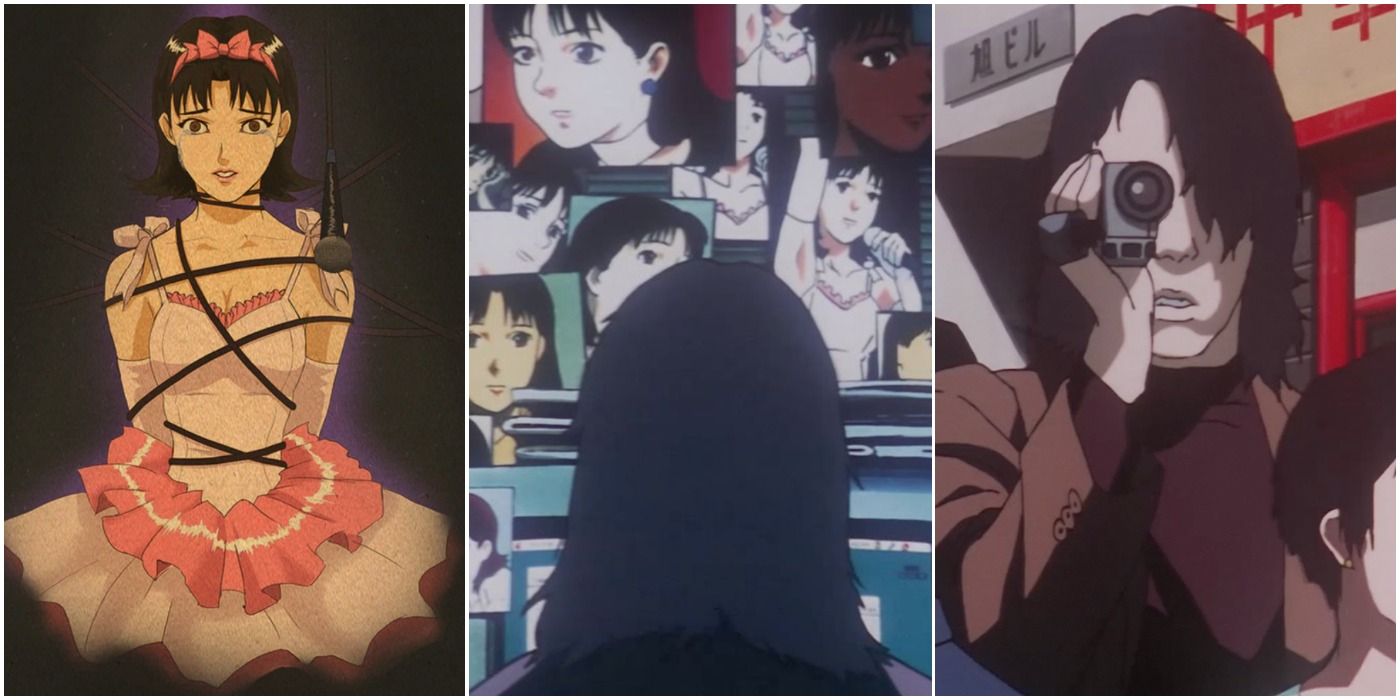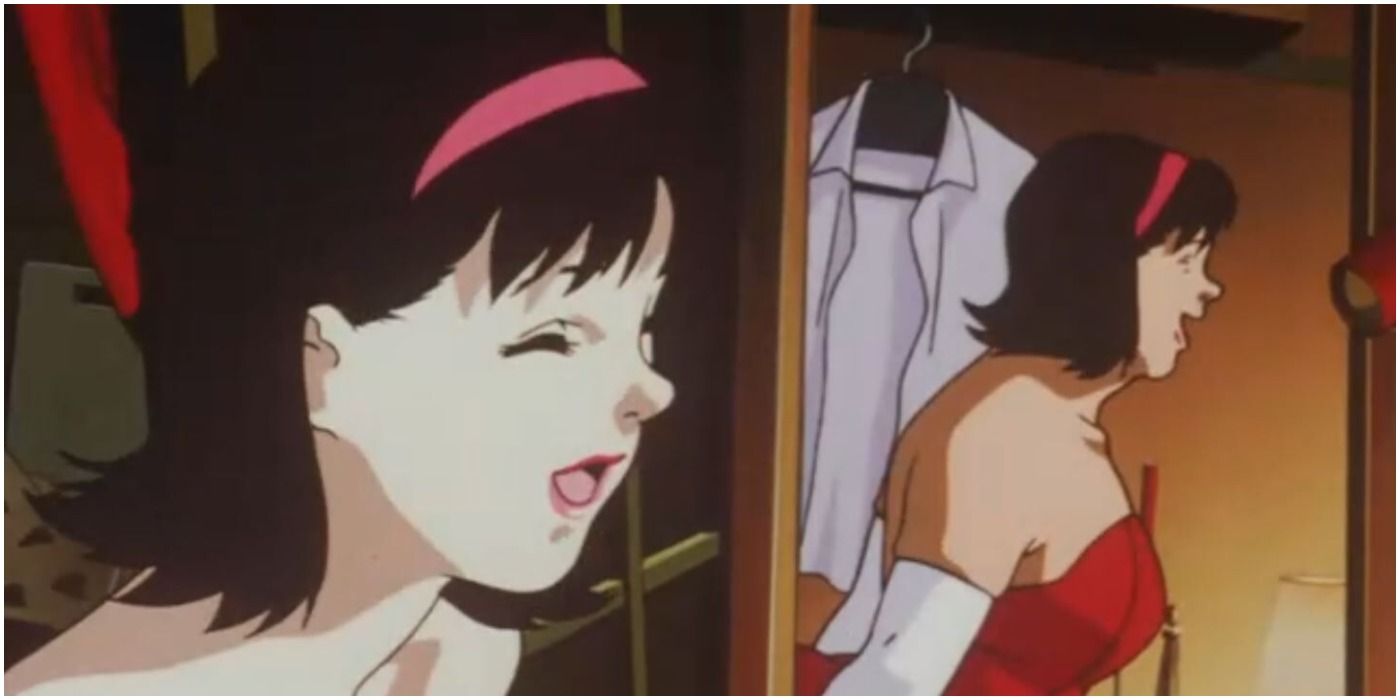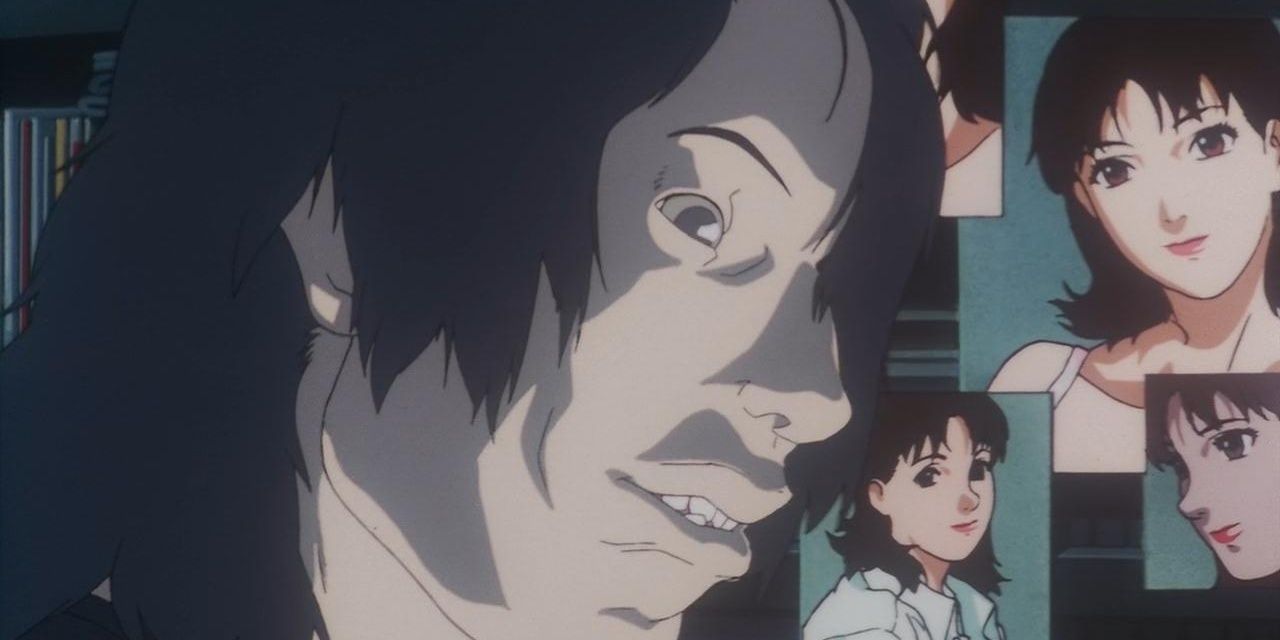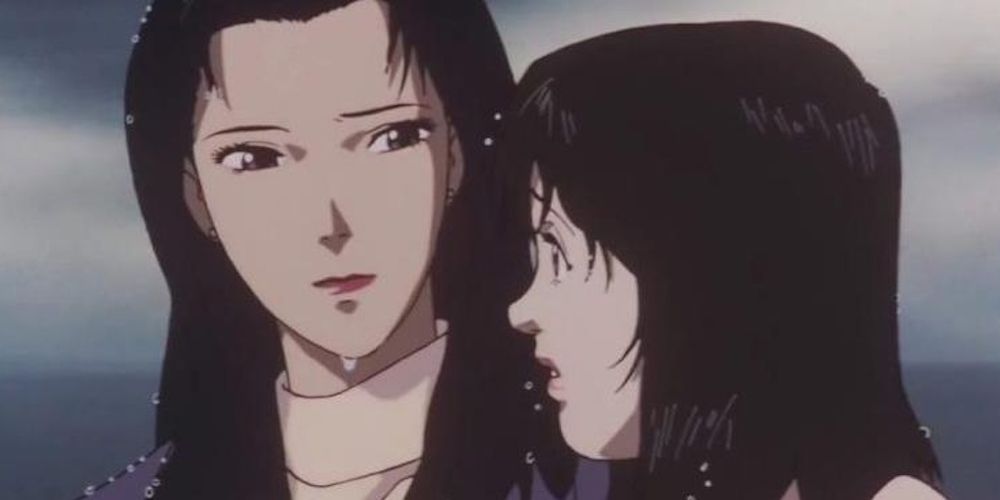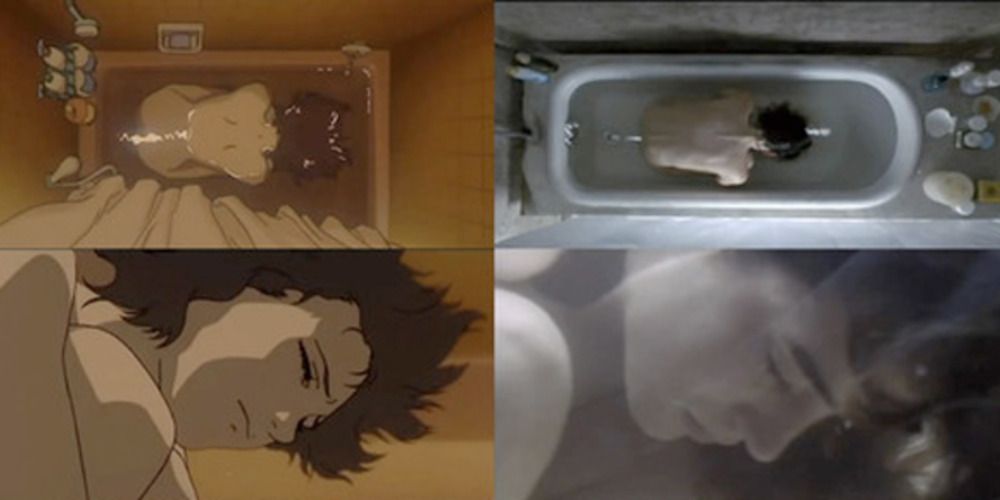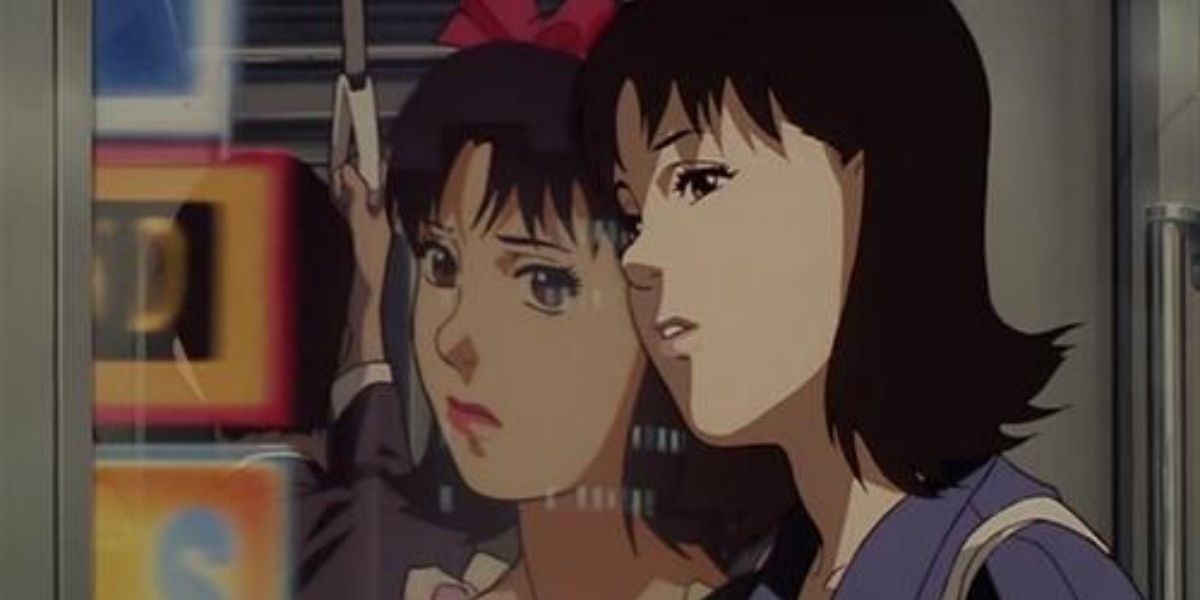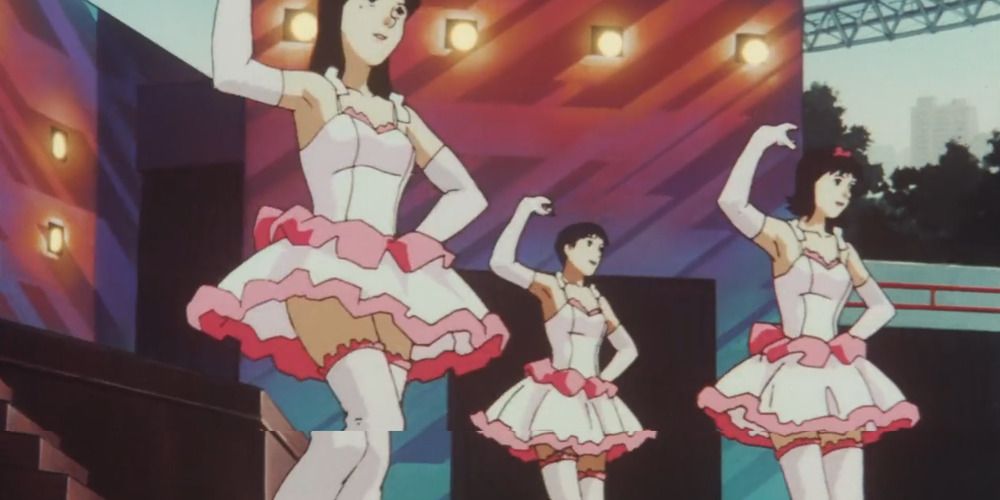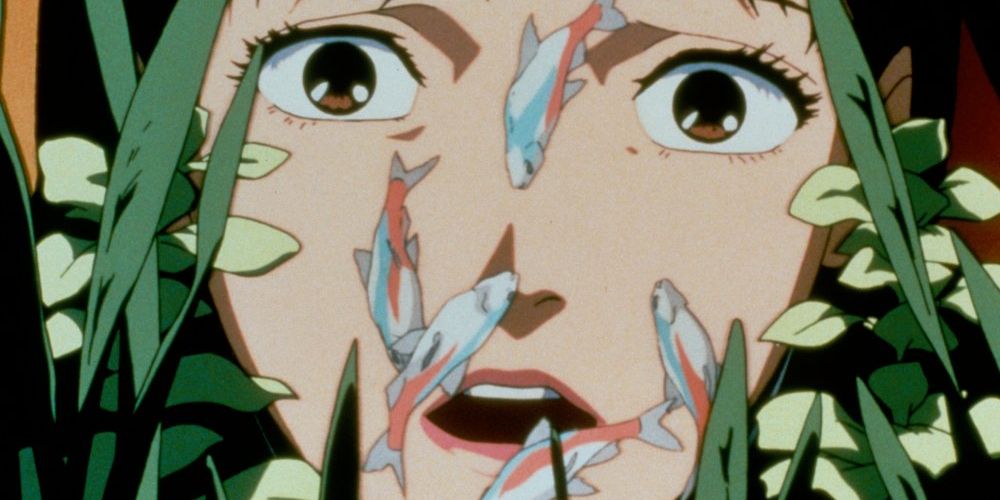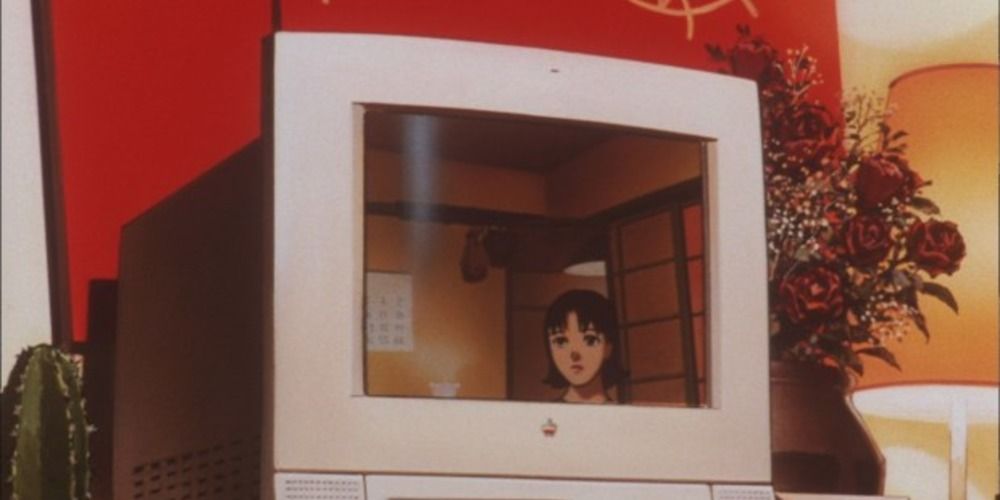There are a number of anime feature films that have left undeniable marks on the industry, but few have reached the level of impact and influence as Satoshi Kon’s Perfect Blue. The 1997 psychological horror movie looks at an actress who faces a difficult period of transition that leaves her entire identity in flux as greater dangers loom in the darkness.
Kon’s gripping anime film masterpiece is nearly 25 years old and even sharper now than when it was first released. Kon’s work demands dissection, and even those who are averse to anime will be able to appreciate Perfect Blue’s unnerving psychological horror.
10 Its Elegant Deconstruction Of A Slipping Psyche
There are an endless amount of anime horror movies that derive their scares from frightening monsters and apocalyptic wastelands. Yet, Perfect Blue is able to connect on more of a universal level thanks to its mature look at mental illness, specifically dissociative identity disorder, as it depicts its main character, Mima Kirigoe, heading down a progressively slippery slope of mental anguish. Perfect Blue is so effective because these characters and their ailments all come from a real place, and Mima isn't just a caricature of madness.
9 The Serial Killer Narrative That Courses Through The Background
Satoshi Kon is particularly skilled at shining a light on the people who society usually steps on and tries to ignore. Perfect Blue comes out in the late '90s, but the serial killer who obsesses over Mima and periodically shows up to fill the movie with dread feels eerily modern. Society is even more fascinated with serial killers and social outcasts now, and Perfect Blue was way ahead of the curve with its type of obsessives and the tense cat-and-mouse game that ensues as a result.
8 The Meta Self-Criticism Present In The Movie-Within-A-Movie, Double Bind
Satoshi Kon was only able to make a handful of films before his untimely passing, but they each hold a lot of personal significance to the filmmaker. Kon was not actually a huge fan of horror before taking on Perfect Blue, and part of his intention with the movie was to rise above and subvert certain stereotypes.
Kon explicitly brings this criticism into Perfect Blue with the meta movie-within-a-movie, Double Bind, which is meant to be seen as a parody that lampoons Japanese TV dramas that cash in on Hollywood fads, rather than a genuine psychological horror movie.
7 It's Inspired Many American Movies
There is no shortage of incredible anime feature films, but it can sometimes be discouraging that only a very mainstream sample receives international releases. Some prolific anime movies are only known about by hardcore fans. Yet, Perfect Blue has been able to prove itself by how visionary American directors have turned to the movie's visuals and themes for inspiration. Darren Aronofsky's Black Swan isn't a direct remake of Perfect Blue, but the director bought the rights to Kon's movie to be able to freely lift from it, with visual allusions also in Requiem For A Dream. Few other psychological horror anime movies have resonated with American directors like this.
6 Its Open Ending And Ability To Trust Its Audience
Far too often, stories are forced to spoon-feed their audience answers and eliminate any nuance. There's a surprising amount of freedom present in anime movies from the 1980s and '90s, with some being able to get away with more because they flew under the radar. Horror, psychological or otherwise, is a genre of storytelling that's especially dependent upon a strong ending. Perfect Blue has the confidence to keep its audience guessing, and the final scene is the perfect type of open conclusion that's meant to invite discussion immediately afterward. Perfect Blue's legacy remains because of its many twists and turns.
5 Its Exploration Of The Schism Between Artist And Identity
Idol culture is something that's been rampant in Japan for decades, but the way in which Perfect Blue analyzes society's obsession with celebrities has only grown more relevant. Perfect Blue looks at Mima’s increased fragmentation of identity and loss of self as she's filtered through different private and public contexts.
It takes into account the effect of modern extensions of this, like social media and influencer culture, before they were the norm. Mima loses herself precisely because her public image that’s fueled by society becomes more dominant than her true self.
4 The Animation Is Still Gorgeous
There are occasions where an anime movie connects on a storytelling level but leaves a lot to be desired when it comes to the art style and vice versa. There's even a certain expectation that any '90s anime movie that's looked at now should take the limitations of the time period into account. However, Kon is someone who always gets the most out of his medium, and Perfect Blue still looks gorgeous today and tops plenty of recent animated movies. Perfect Blue has aged exceptionally well, but there's also been a recent 2K anniversary re-release, which makes the movie even more breathtaking.
3 Its Blunt Depiction Of Violence
Perfect Blue is a psychological horror movie first and foremost that will mess with the audience's mind, but it's also not bereft of standard horror. There is some extremely brutal violence as well as attacks that hit as hard as they do because they're so exceptionally blunt. The depiction of these grim acts brings a very real danger to juxtapose against Mima’s existential crisis. Pure violence would make Perfect Blue too simple of a narrative to stand out, but Kon mixes the intellectual with the visceral to make this movie connect.
2 The English Dub Doesn't Disappoint
Perfect Blue is a masterpiece that deserves to be viewed in its original form. The vocal performances by Junko Iwao, Shiho Niiyama, and Rica Matsumoto are all phenomenal and full of emotion. However, some fans still prefer English dubs, which aren't always produced with the same level of care as the original, especially back during the late '90s and early 2000s. Fortunately, Perfect Blue's dub excels and is treated with endless respect and understanding. Wendee Lee, Ruby Marlowe, Bob Marx, David Lucas, and many more make sure that their takes are just as emotional and layered and not dubbed caricatures.
1 Its Predictions On The Dangers Of Technology And Social Media
Perfect Blue is a prescient piece of work because of its careful depiction of frayed mental states, but it's also incredibly on point when it comes to its presentation of social media and technology. Perfect Blue specifically singles out social media as a dangerous tool that allows fans to form parasocial relationships with celebrities that can often get taken too far. Otaku culture is frequently on display in anime, but Perfect Blue isn't afraid to be critical towards it and point out the dangers of where these trends can head.

